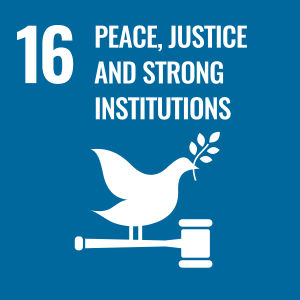Athens at War in 5th Century BCE

This module will look at the recruitment, payment, structure and organisation of the Athenian army and navy, as well as the equipment, tactics and formations used in battle on land and sea. Students will be assessed using a terminology and key individuals test, followed later by a closed-book visual source analysis test on Athens at War, using the battle of Salamis as a case study.
Rome at War in the Imperial Period


This module centres around a chronological study of the geo-politics which led to two major military campaigns in the 1st and 2nd Century CE, with an understanding of how the structure and organisation of the Imperial legion/fortress and the recruitment, payment and training of legionary and auxiliary soldiers allowed them to claim such victories. Students will be assessed using a closed-book visual source analysis test on Rome at War in the Imperial Period, focusing on both the battle of Actium and Trajan’s Campaigns against the Dacians as case studies.
Homer
This module will look at the portrayal of the heroic concepts of warfare in the age of epic poetry, such as xenia, kleos and time, but also the horrors of warfare and the presentation of pathos in books 5, 6, 22 and 24 of Homer’s Iliad. Students will be assessed using a series of small-scale comprehension questions, followed later by an open-book literary source analysis test on select passages from the prescribed books of Homer’s Iliad.
Tyrtaeus and Horace
Students will study the presentation of warfare and significance of key Roman values, such as pietas, bravery and loyalty in Horace’s Dulce et decorum est from Book 3, Poem 2 of Odes, as well as the Spartan idealisation of warfare in Tyrtaeus‘ ‘Fallen Warrior’ poem. Students will be assessed using a closed-book literary source analysis test on the entire prescribed work of Tyrtaeus and Horace, with a comparative literature assessment section on select passages from Homer’s Iliad.
Virgil

This module will centre around a study of Book 2 of Virgil’s Aeneid, focusing on literary context, characterisation, themes and the concept of heroes and warfare in Rome under the imperial influence of Augustus. Students will be assessed using a series of small-scale comprehension questions, followed later by an open-book literary source analysis test with comparative questions to select passages from the prescribed books of Homer’s Iliad, as Virgil took great inspiration from the epic world of the hero.



